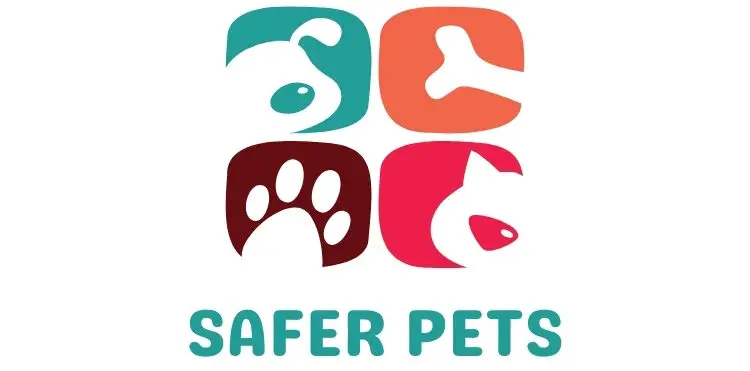Having a pet will invariably mean accidents and injuries – but this does not always have to result in an expensive trip to the vet. Some common injuries and ailments can be safely treated at home, so here is a selection. Remember, however, that if you are unsure; if the animal is in distress or if the symptoms persist, it is important to seek veterinary advice – even if it is only via the telephone. Certain conditions (such as bloat/gastric torsion) are urgent and life-threatening so it is important to make sure you recognise the symptoms for any such conditions within your breed/species of pet and seek veterinary help immediately.
Cuts and Bite wounds
In many cases, small cuts and grazes will heal of their own accord and a little bit of licking by the animal may provide some benefit in the form of antiseptic saliva to disinfect the wound. However, in general, it is best not to allow the animal to lick the injury excessively. Bathe the area with warm, saline (salt) solution and keep it clean and dry. Sometimes, vets can supply you with a general all-purpose antiseptic cream or ointment for small injuries, although be careful that your pet does not lick this off and swallow it.
Pay particular attention to dog bites as these can often become infected and may need a course of antibiotics as treatment. If the animal shows any signs of distress or the wound appears infected (eg, red, swelling, discharge), seek veterinary help immediately.
Mouth injuries
If your pet starts salivating excessively, pawing at the mouth, making exaggerated chewing motions or showing signs of tenderness when chewing, it may have a foreign body stuck between its teeth. Gently open its mouth and try to find and remove the object, either with your fingers (if your pet will allow you) or with a blunt object, such as a teaspoon handle, or even with a pair of pliers. With patience and if the object is not too firmly embedded, you might be able to flick the item out. If it is firmly wedged or if the animal is struggling too much and possibly causing further injury to itself or to your hand, then seek professional help.
Bleeding
For small bleeds (such as a torn toenail or if you have accidentally cut the animal), apply styptic powder which should stop the bleeding within a few minutes. For deep cuts and heavy bleeding, place a dressing on the wound and apply strong pressure, until the bleeding stops. Check the animal for signs of shock (eg, pale gums, listless) and take your pet to the vet immediately.
Eyes
Sore, watery eyes which can be soothed by gently washing the eye with warm, human-type eye wash every few hours and applying a little antiseptic eye ointment (available from your vet) inside the lower lid. You can also apply a cold, wet compress. If symptoms persist for longer than a day, see the vet. There are many eye conditions which may require special medication or surgical intervention. For example, persistent watering of one or both eyes can indicate entropion (when the eyelid folds in on itself, particularly prevalent in certain dog breeds) or blocked tear ducts.
Note: if a foreign object is protruding from the eye, don’t try to remove it yourself and prevent your pet from rubbing its eye – seek veterinary help immediately.
Burns & Scalds
As in humans, saturate the area with cold water for at least five minutes and then seek veterinary attention. Don’t apply creams or butter or other ointments and avoid touching (and bursting) any blisters.
Sore Nose
It’s commonly believed that a wet nose is a sign of good health and this is largely true. However, a very “wet” or runny nose can also be a sign of serious illness, such as distemper (especially if the eyes are showing a discharge as well) – in this case, seek veterinary advice at once. You can soothe a sore, dry cracked nose by bathing it with warm water and gently rubbing some petroleum jelly onto the nose pad.
Stings
If your pet has been stung, try to pull out the sting if possible, and then bathe the area with saline solution. For bee stings, bicarbonate of soda can be used to neutralise the effects of the sting and similarly, vinegar can be used for wasp stings.
Swallowing Foreign Objects/Poisoning
If you suspect that your pet has swallowed something it shouldn’t have (and especially if the item may be poisonous), you can induce vomiting by administering some water soda crystals or strong salt solution down its throat. If it is poison, note the amount ingested (and the amount vomited) and take a sample with your pet to the vet as soon as possible.
